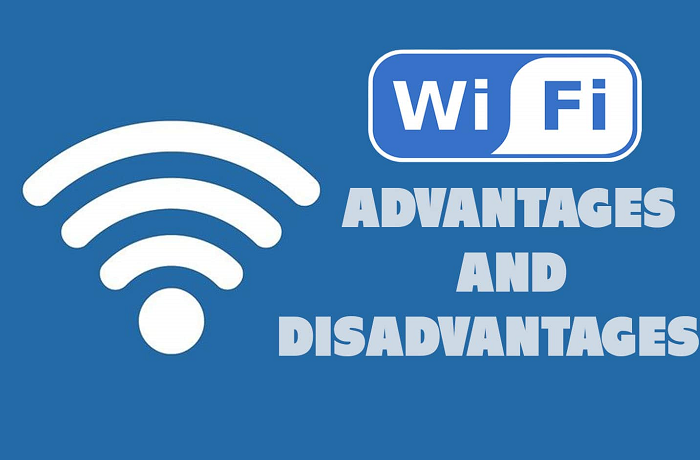Advantages and Dis-advantages of WiFi Adapters

A WiFi adapter is a device that allows a computer or other device to connect to a wireless network. It is also sometimes referred to as a wireless adapter or a WiFi dongle.
WiFi adapters typically connect to a computer via a USB port or a PCI slot, and they use radio waves to communicate with wireless networks. They can be used to connect a computer to a home or office network, or to public WiFi hotspots, such as those found in coffee shops, airports, and other public places.
WiFi adapters offer several advantages, including:
Wireless connectivity:
WiFi adapters enable devices to connect to wireless networks, which provides greater flexibility and convenience compared to wired connections.
Mobility:
With WiFi adapters, devices can connect to wireless networks from anywhere within range, without being tethered to a physical cable.
Easy to install:
WiFi adapters are typically easy to install, with most USB adapters simply requiring plugging the adapter into a USB port on the device.
Cost-effective:
WiFi adapters are generally affordable, making them a cost-effective solution for adding wireless connectivity to devices that don’t have built-in WiFi capabilities.
Improved productivity:
WiFi adapters allow users to access the Internet and other network resources without the need for physical cables, which can improve productivity by enabling users to work from anywhere within range of a wireless network.
Better performance:
Some WiFi adapters support advanced features such as multiple antennas or support for newer WiFi standards, which can result in better performance and faster data transfer speeds.
Increased security:
WiFi adapters can offer improved security features, such as support for WPA2 encryption and other security protocols, which can help protect devices and data from unauthorized access.
Overall, WiFi adapters offer a wide range of advantages, making them an essential component of modern computing and communications.
While WiFi adapters offer many advantages, there are also some potential disadvantages to using them. Some of the possible disadvantages include:
Interference:
WiFi signals can be interfered with by other electronic devices or physical obstructions. This may result in slower speeds or loss of connection.
Limited range:
WiFi signals have a limited range, which means that devices must be within a certain distance of the wireless router or access point in order to connect.
Signal loss:
WiFi signals can be affected by signal loss, which can occur when the signal passes through walls, floors, or other physical obstructions.
Security risks:
WiFi networks can be vulnerable to security risks such as hacking, malware, and other cyber threats. It is important to take steps to secure WiFi networks, such as using strong passwords and encryption protocols.
Compatibility issues:
Some WiFi adapters may not be compatible with certain devices or operating systems, which can limit their usefulness.
Power consumption:
WiFi adapters can consume a significant amount of power, which can be a concern for battery-powered devices such as laptops and mobile devices. Read also!
Overall, while WiFi adapters offer many benefits, there are also some potential drawbacks to consider when using them. If you want to buy the best WiFi adapters then you can visit the greatest afterpay stores.


